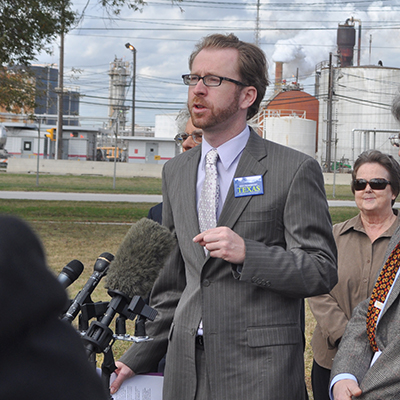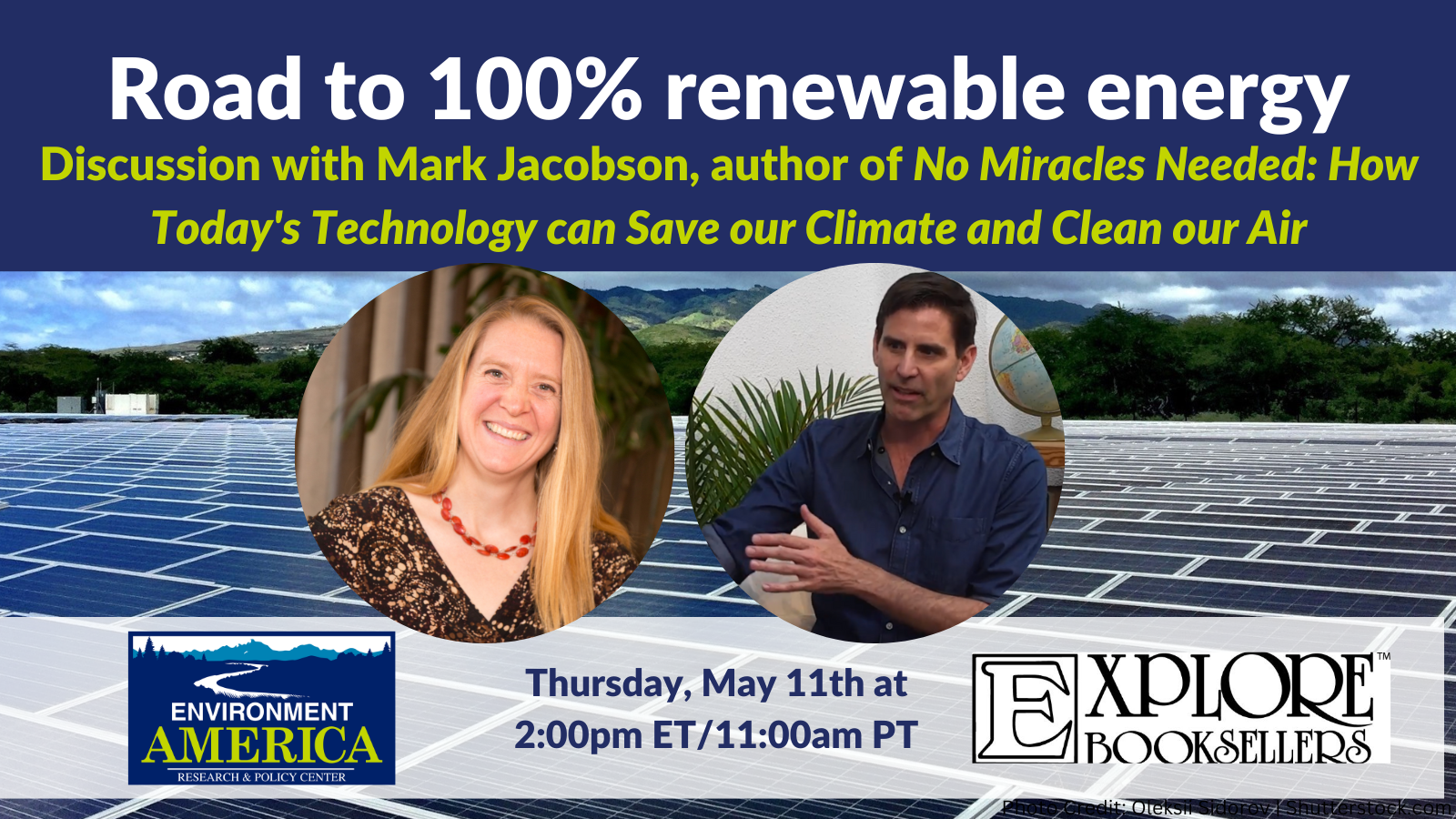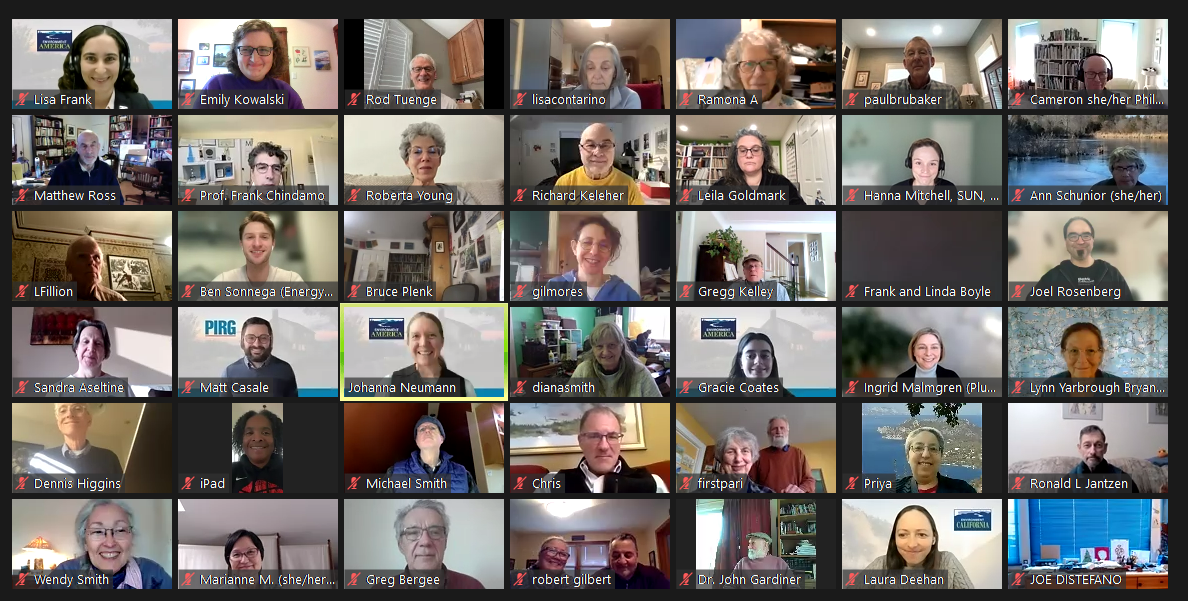
Texas’ record breaking heat demands action on climate

Summer is officially over, and with rains today, it’s starting to finally feel like it.
Man was it hot. San Antonio, Houston, El Paso, Brownsville and many other Texas cities experienced their hottest summers on record,
Texans are used to hot weather, but the heat we’ve been experiencing is not normal. According to an analysis by the Texas Tribune, in the past decade in Texas, there were 1,000 more days of record-breaking heat than a normal decade, with deadly consequences. Last year, at least 306 people died of heat-related causes. And scientists have estimated that the persistent, dangerous heat we’re experiencing was made at least five times more likely by climate change.
More and more, people around the world are experiencing firsthand the effects of climate change: deadly heat, wildfires like in Maui, more intense hurricanes and droughts, rising sea levels and more. With a lot to lose from global warming and a lot to gain from developing our abundant clean energy resources, the United States — and Texas in particular — has the potential and the responsibility to be a global leader in solving the climate crisis.
The challenges in Texas are daunting. Texas is the national leader in global warming pollution, producing more than twice as much as the next closest state, California. The state’s leaders rarely even say the words “climate change,” much less take action to cut emissions or prepare the state for the coming impacts. On the contrary, the Texas Legislature has passed laws to tie the hands of cities that try to reduce global warming pollution, banned insurance companies from factoring the environment into underwriting and ratemaking decisions, and moved money intended to reduce air pollution to the state Department of Transportation for road projects that will promote more exhaust-spewing vehicle travel.
Members of the Railroad Commission of Texas, which oversees most regulation around fossil fuel production in the state, have falsely claimed that “science on climate change is not settled,” and that we don’t “have good facts on what is causing our climate change.”
This misinformation and efforts to suppress clean energy haven’t stifled calls for action. Polls show nearly two-thirds of Texas voters support government action to address climate change. That’s in line with the 71% of polled Americans nationally who recently told Pew that federal climate action should be a “top priority” or an “important… priority.”
Transitioning from fossil fuels to renewable energy sources is the key to eliminating global warming carbon and methane emissions. Ironically, despite Texas’ reputation as an oil and gas state and its leaders’ hostile rhetoric, it is a pace-setter when it comes to producing clean energy. This summer, wind and solar energy have broken power production records, producing on average 20% of the state’s electricity during periods of peak demand. More than 200,000 Texans now drive electric vehicles. It’s a work in progress: The Inflation Reduction Act will invest $369 billion in clean energy and climate solutions, much of it in Texas.
But to cut emissions in half by 2030, a step scientists say is critical to avoiding the worst impacts of climate change, we need to do more.
It’s a good thing the U.S. Environmental Protection Agency is working on rules this year to mandate major cuts in pollution, including in the oil and gas sector. Methane gas, a terrible climate pollutant, gets released directly into the atmosphere during the oil and gas extraction and distribution process.
The EPA has the ability to finalize standards that would cut methane pollution and other harmful pollutants from the oil and gas sector. Its proposed rule has wide support from environmental groups, businesses, local governments and even oil and gas companies themselves who have committed to reducing their emissions.
We cannot wait any longer: The EPA must finalize a rule that reduces methane emissions as much as possible, as soon as possible, to protect the climate and promote public health. To prevent even crueler, deadlier summers, we must act swiftly, especially in places such as Texas that produce such a disproportionate amount of greenhouse gasses and methane.
Topics
Authors
Luke Metzger
Executive Director, Environment Texas Research & Policy Center
As the director of Environment Texas, Luke is a leading voice in the state for clean air, clean water, clean energy and open space. Luke has led successful campaigns to win permanent protection for the Christmas Mountains of Big Bend; to compel Exxon, Shell and Chevron Phillips to cut air pollution at three Texas refineries and chemical plants; and to boost funding for water conservation and state parks. The San Antonio Current has called Luke "long one of the most energetic and dedicated defenders of environmental issues in the state." He has been named one of the "Top Lobbyists for Causes" by Capitol Inside, received the President's Award from the Texas Recreation and Parks Society for his work to protect Texas parks, and was chosen for the inaugural class of "Next Generation Fellows" by the Robert S. Strauss Center for International Security and Law at UT Austin. Luke, his wife, son and daughter are working to visit every state park in Texas.
Find Out More

How to get to 100% clean energy with today’s technologies

You have the power: how to electrify your home with new tax credits

The Texas Freeze: Timeline of events

